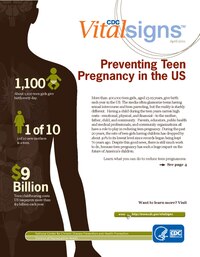
Photo from wikipedia
BackgroundSouth Africa remains the global epicentre of HIV infection, and adolescent women have the highest incidence of HIV in the country. South Africa also has high rates of alcohol and… Click to show full abstract
BackgroundSouth Africa remains the global epicentre of HIV infection, and adolescent women have the highest incidence of HIV in the country. South Africa also has high rates of alcohol and other drug (AOD) use, violence, and gender inequality. Violence converges with AOD use, gender inequities and other disparities, such as poverty, to increase sexual risk and poor educational attainment for adolescent women. This study seeks to test the efficacy of peer recruitment and cofacilitation of the Young Women’s Health CoOp (YWHC), a comprehensive gender-focused intervention to reduce HIV risk behaviours and increase the uptake of HIV counselling and testing (HCT) among out-of-school, adolescent women who use AODs. The YWHC is facilitated by local research staff and supported by peers.MethodsThis cluster-randomised trial is enrolling participants into two arms: a control arm that receives standard HCT, and an intervention arm that receives the YWHC. Participants are enrolled from 24 economically disadvantaged communities in Cape Town, South Africa. These geographically distinct communities serve as clusters that are the units of randomisation. This study uses adolescent peer role models and research field staff to recruit marginalised adolescent women. At baseline, participants complete a questionnaire and biological testing for HIV, recent AOD use, and pregnancy. The core intervention is delivered in the month following enrollment, with linkages to health services and educational programmes available to participants throughout the follow-up period. Follow-up interviews and biological testing are conducted at 6 and 12 months post enrollment.DiscussionThe study findings will increase knowledge of the efficacy of a comprehensive HCT, gender-focused programme in reducing AOD use, victimisation, and sexual risk behaviour and increase uptake services for out-of-school, adolescent women who use AODs. The trial results could lead to wider implementation of the YWHC for vulnerable adolescent women, a key population often neglected in health services.Trial registrationTrial registration no: NCT02974998, November 29, 2016.
Journal Title: BMC Public Health
Year Published: 2018
Link to full text (if available)
Share on Social Media: Sign Up to like & get
recommendations!